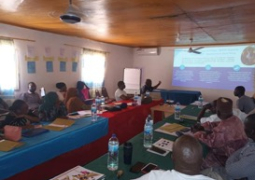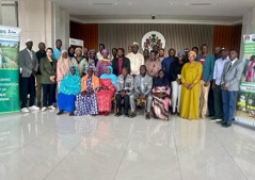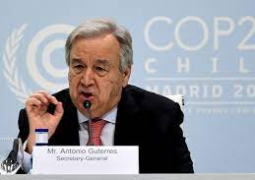The day’s consultation was also to develop smart policy measures for the electricity, petroleum, renewable energy, energy efficiency, and domestic energy sub-sectors as well as cross-cutting issues. The policy will support client to update the energy policy and recommend key policy measures, strategies, and actions for effective implementation and review of the effectiveness of the existing energy sector policies, strategies, programs, and projects implemented since 2014.
At the forum, Matarr Touray, a representative of the World Bank (WB) said the evolution and regulatory complexity of the sector in recent years point to the need for agility for sectoral plans and programs.
Additionally, he said the bank has quite an extensive portfolio in The Gambia particularly the energy sector, where the combined projects both national and regional totaled over two hundred million dollars.
“We hope this continues to grow as the sector continues to evolve and modernise to ultimately attain operational and financial viability for all safety participants.”
The bank's investments in the sector, he added, have been primarily anchored on three key pillars ; regional integration, universal access and operational and financial efficiency.
Also speaking, Kemo K. Ceesay, Director of Energy urged stakeholders to put on their critical inputs because the policy is supposed to serve sectors.
“As far as the petroleum product is concerned in the energy sector, The Gambia is almost hundred percent reliant on imported fuel. That said, any policies we do, need to be cognizant of the realities, be practicable and are happening in the international communities and serve the purpose for years to come.”
Ceesay reminded participants of the challenges the world is going through, which he said, have impacted everybody, especially prices of commodities with the Gambia is not an exception.
“We have to come up with solutions which will be captured in our policies that will make energy affordable, accessible, and sustainable for our people.” he said.





